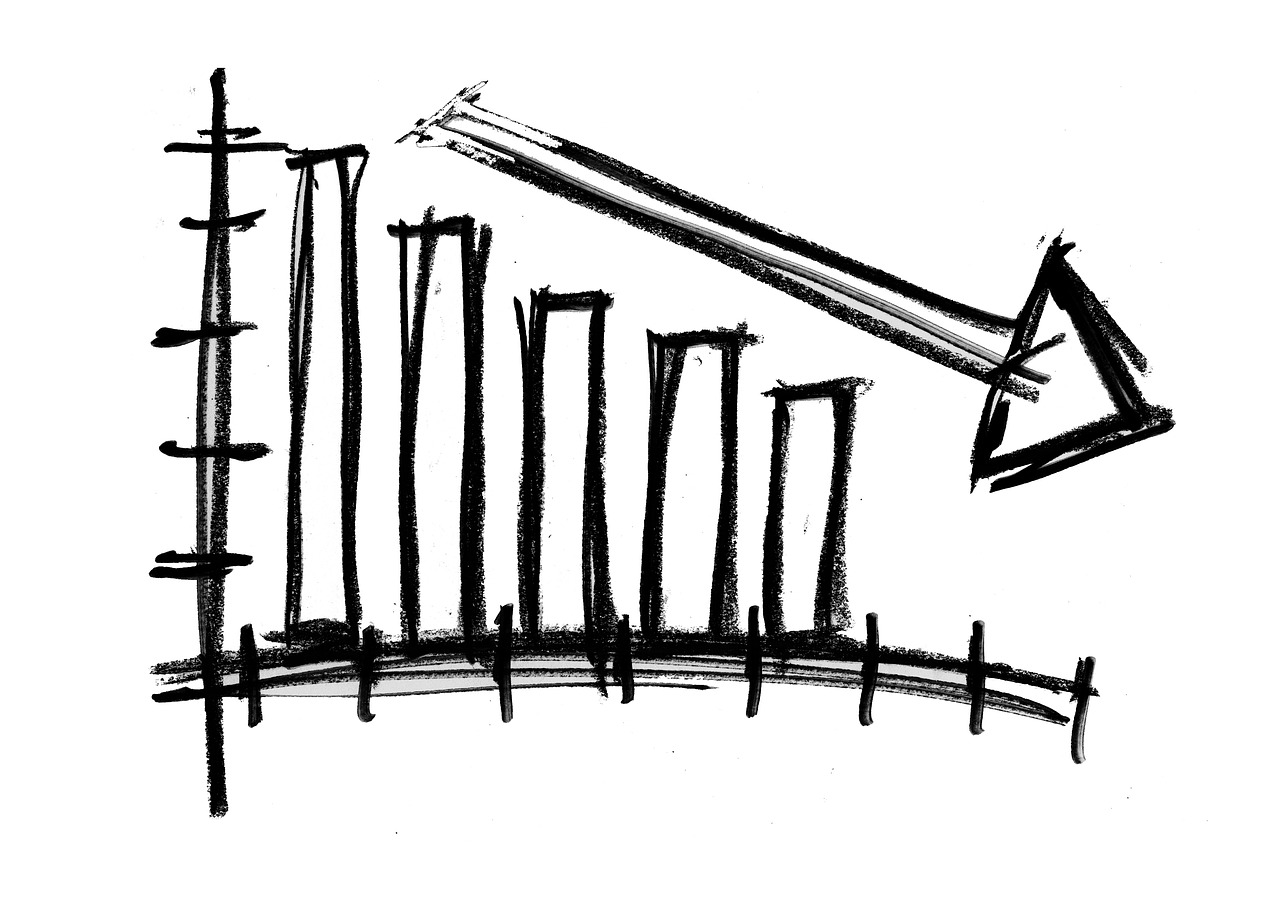AbsoTrumpingLutely.
The more useful question is, what are the chances it will?
Economists project Canada’s economy could shrink 1.8% in 2020 if the U.S. pushes us into a global trade war. In that case, we’d fall into recession in late 2019 or early 2020, they say.
Canadian exports would dive, partly due to U.S. tariffs making our goods too expensive and partly because a slowing USA means fewer people would buy our products. That’s a problem given 20% of Canada’s GDP relies on exports to Americans.
Such a scenario would “permanently scar” Canada’s economy, TD says. It would leave the Bank of Canada little option but to slash interest rates — to limit economic damage. And the bond market, being the anticipatory mechanism it is, would price all of this in (i.e., push down rates) at least 6-9 months in advance.
OK But What are the Chances?
Many still believe that Trump’s bluster will blow over, especially since his protectionist threats are starting to have the exact opposite effect he intended. Tariffs are ultimately a tax on consumers (i.e., bad for growth) and eventually he’ll be honest with himself about this.
The probability of a contraction in the next 24 months is therefore less than 50% — if you believe most economists. (Gluskin Sheff chief economist David Rosenberg is one notable exception. He’s sounding the alarm for a recession next year.)
But even if we sidestep a recession in 2019/2020, mortgage rates won’t escape the impact. Regardless of what happens near-term, trade anxieties will still likely:
- cut business investment in Canada
- depress consumer sentiment
- weigh on bond yields, which determine fixed mortgage rates
- defer Bank of Canada rate hikes, which have a direct bearing on variable rates.
The market agrees. Witness the implied odds of a rate hike on July 11. They’re now down to a coin flip, from a near certainly in the spring.
None of this uncertainty is welcome news for Canadian jobs, but at least it’s pro-variable news (if you’re looking for silver linings). That is, the probability of paying less over five years with the best variable rate is now greater than it was just a few short months ago. But not so much greater that you should ignore other fixed or variable decision criteria.

 log in
log in
 AbsoTrumpingLutely.
AbsoTrumpingLutely.
5 Comments
So what’s your guess Rob?
I’m ready for a rate increase, but hoping there won’t be.
Poloz has a speech tomorrow. Let you know then. 😉
If they do pull the trigger, it could be the last for a while.
My mortgage is coming up for renewal at the end of the summer and as rates were rising I was sure a 5-year fixed was the right bet to protect against potential rate increases in the years ahead.
But with the gong show that is the U.S. right now, I’m starting to wonder if that’s a wise move given the possibility of the economy collapsing (at worst) or a mild recession (at best) and rates coming right back down again.
Aside from a variable rate, might a shorter fixed term be a smart move?
Hi MCUFR,
Great question. So if we somehow knew we’d get a recession in the next 24 months a variable rate would be the only logical choice, other things equal. But we don’t and one can never fully dismiss the unexpected, like positive resolution of all economic risks and/or surging inflation. Hence, the borrower’s risk tolerance still matters.
As for shorter terms:
* One-year rates aren’t low enough to justify the renewal hassle (unless you need a short term for some reason)
* Two-year rates are horrible right now
* Three-year fixed rates are so-so, but you can get a 5-year for just a tad more if you shop around
* There are a few great 3-year variable rates (prime – 1% or lower) for insured/insurable mortgages, as long as your loan-to-value isn’t 70.01% to 80%
The best overall value for well-qualified risk-tolerant borrowers remains the variable at prime – 1% or better.
I’m now putting the odds of a rate increase next month at less than 50/50.
“Today, as we approach our next interest rate decision, we are working to incorporate in our projections the effects of the recently announced U.S. steel and aluminum tariffs, along with retaliatory measures, both in Canada and globally,” Poloz said in the speech. “We are also analyzing individual-level data to understand how the new lending guidelines in Canada are affecting the housing market and mortgage renewals.”